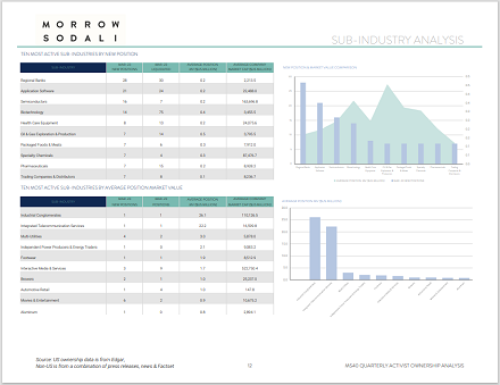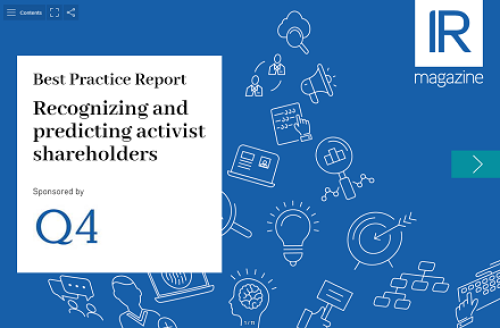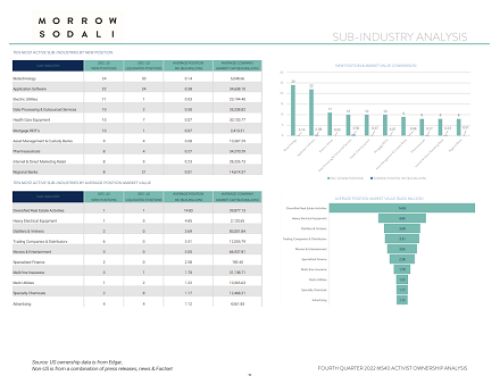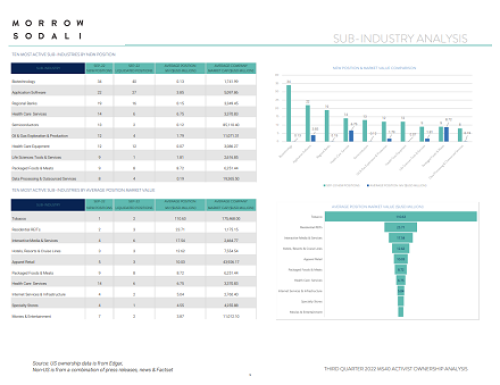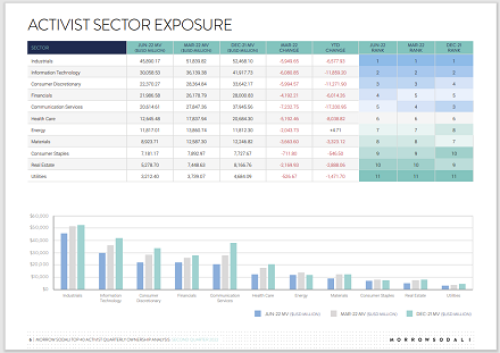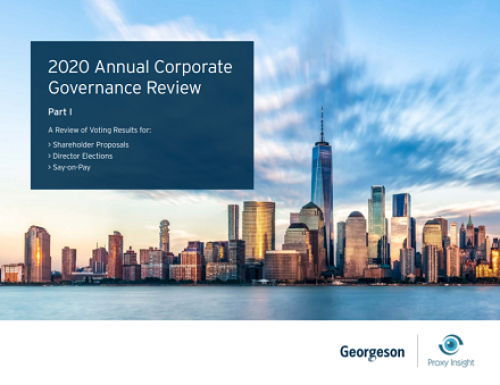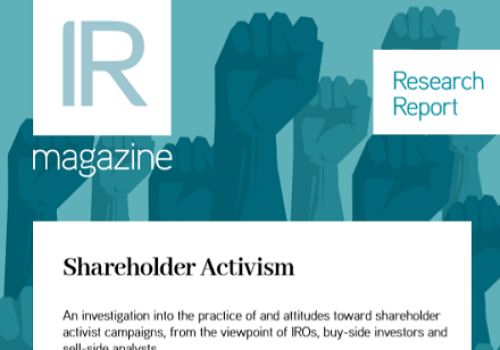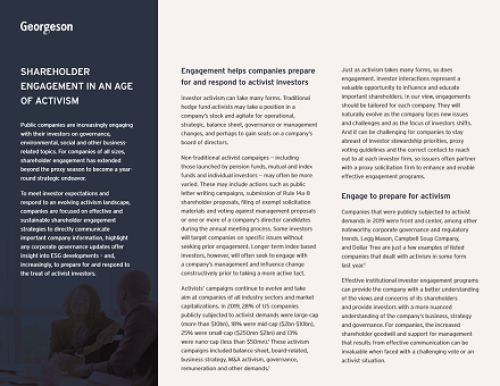
Sponsored content
Corporations have faced unprecedented challenges this year, from the outbreak of Covid-19 to the subsequent contraction of the global economy, but there is another evolving challenge on the rise: shareholder activism. The growth of shareholder activism presents listed companies with increasing challenges – and invaluable opportunities.
Confrontational activists can launch highly public campaigns that can distract management, cause stock prices to plummet, cost a company millions, disrupt customer and supplier relations, create openings for competitors, generate uncertainty and discourage potential employees. Some companies have suffered heavy losses.
Many companies, however, have benefited from activists that have directed management’s attention to opportunities to accelerate growth, improve the bottom line, monetize assets, return capital to investors or improve ESG reporting. Today, with the rise of global activism, management and investor relations personnel must reformulate their communication strategies to enable listed companies to reach a middle ground with activist shareholders.
Traditionally active in North America, activism has also been seen in European markets, with substantial recent increases in the number of campaigns in major economies in Asia, with Japan and Hong Kong experiencing the most activity.
Shareholder activism covers two main categories: the economic activist that advocates for changes to create gains within the company, focusing on operational inefficiencies and opportunities for quick shareholder returns in the form of stock buybacks or increased dividends; and the ESG activist that works to change boards and policies to make a company’s practices more ethically and ecologically sound.
Investors in Asian companies are slowly catching up to Europe and the US when it comes to pushing ESG investment principles. The reason for this change is down to regulators in Japan, Korea, Singapore and Hong Kong enacting new sets of stewardship and corporate governance codes. In Hong Kong, to help combat the problem of companies failing to report required ESG measures, the Stock Exchange of Hong Kong will make disclosures on climate change and social issues mandatory from 2021, after it made environmental disclosure obligatory in 2016. In mainland China, the Shanghai Stock Exchange implemented measures for issuers to fulfil ESG reporting requirements much earlier than many other Asian countries.
Despite strenuous efforts to standardize definition and process, however, ESG practices and regulations still vary across the world. Today, investors lack a consistent framework and comparable data to make meaningful assessments on companies’ non-financial performance, which means effective communication between listed companies and investors has become more important than ever on this topic. IR teams are required to articulate the company’s ESG principles and goals and explain the framework adopted and the processes followed, as well as put into context the nature of the industry they are in.
To ensure listed companies stay ahead of shareholder activism, proactively engaging with investors on a wide variety of topics can be a strong management tool. A high level of engagement and two-way communication help establish credibility with the investment community that management has the shareholders’ interests at heart, and provides crucial feedback on issues many investors are concerned about.
At PetroChina, we are well aware of the importance of shareholder communication. To this end, when PetroChina announced on July 23, 2020 that the company had entered into an agreement to inject certain pipeline business and relevant assets into the newly formed national pipeline company, PipeChina, at a consideration of RMB268.7 bn ($40 bn), the IR team formulated communication plans for independent directors, regulators, shareholders, retail and institutional investors and independent proxy advisers, as well as the staff and general public. It hosted teleconferences with investors and analysts to elaborate on the transaction in detail and actively communicated with investors through meetings to further explain the transaction rationale and actively address a broad range of questions. Additionally, questions from shareholders, media and staff members were also promptly addressed.
Proactive communications with stakeholders to enhance their understanding and confidence of the transaction resulted in the company successfully obtaining shareholders’ approval at the EGM held on September 28, 2020: 99.99 percent of shareholders voted for the resolution. Furthermore, being a major shareholder of PipeChina, PetroChina will continue to share its insights and experiences on business and financial operations as well as ESG, helping PipeChina to establish its codes of practice and prepare it for the challenges and opportunities of shareholder activism.
All in all, proactive and regular shareholder communications will enhance the market’s confidence in the governance of the company, and navigating this new wave of shareholder activism could result in improvements to corporate governance, sustainability and profitability of the company, and strengthen its capability to defend against possible attacks from confrontational activists.
Wei Fang is the assistant secretary to the board and head of investor relations of PetroChina Company
For more information about PetroChina, please email: hko@petrochina.com.hk


